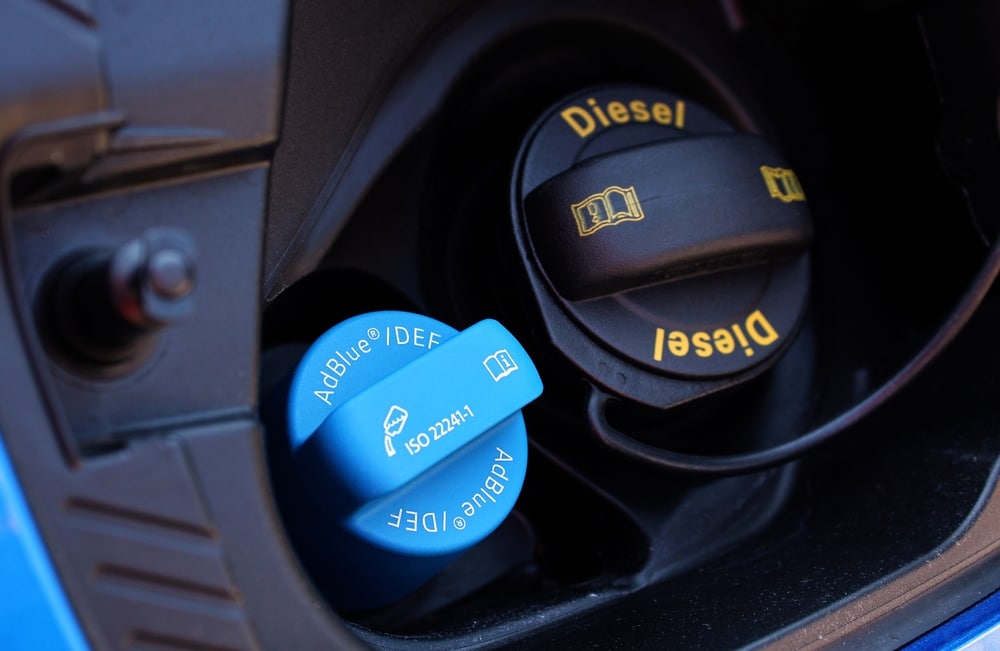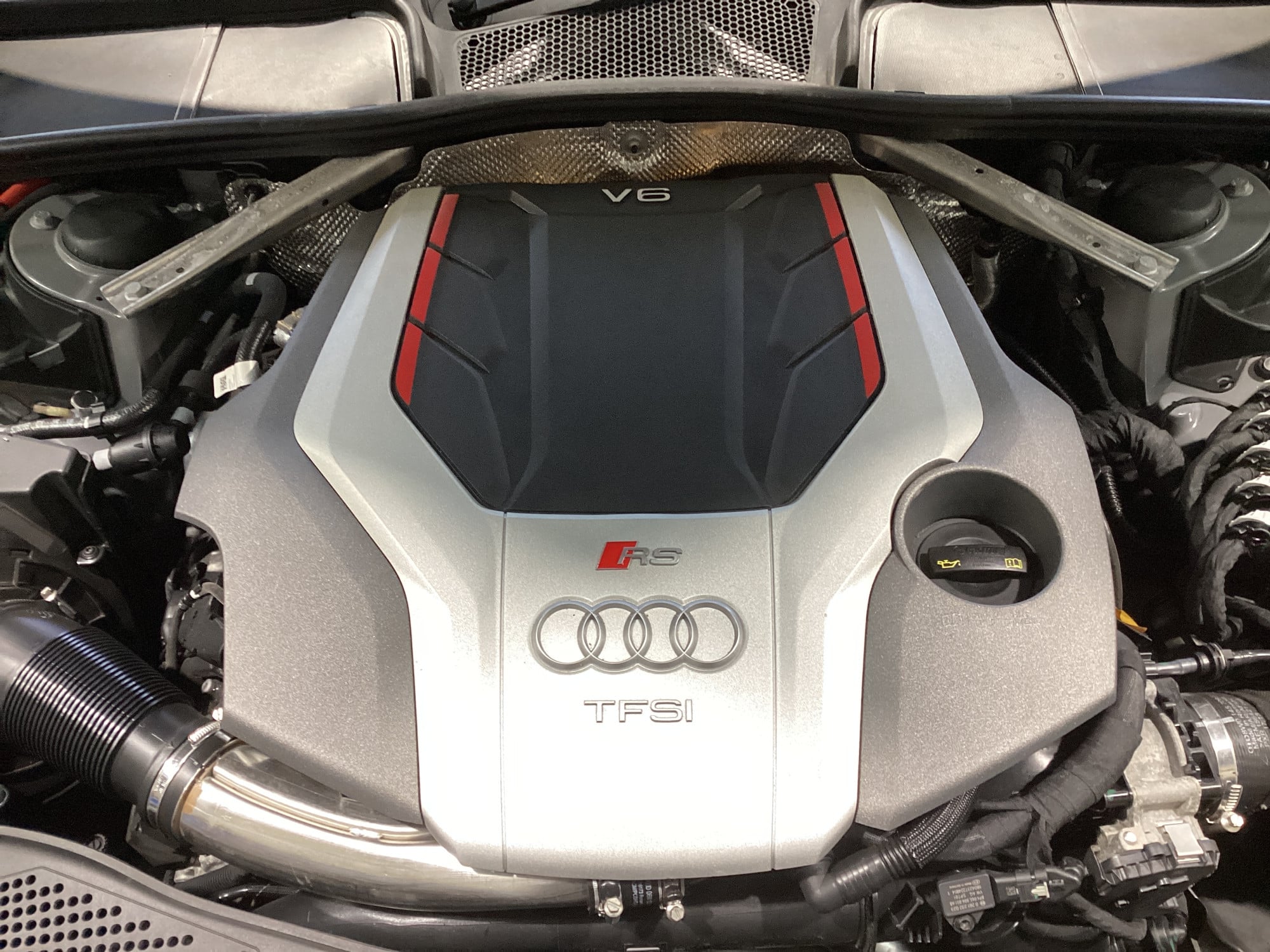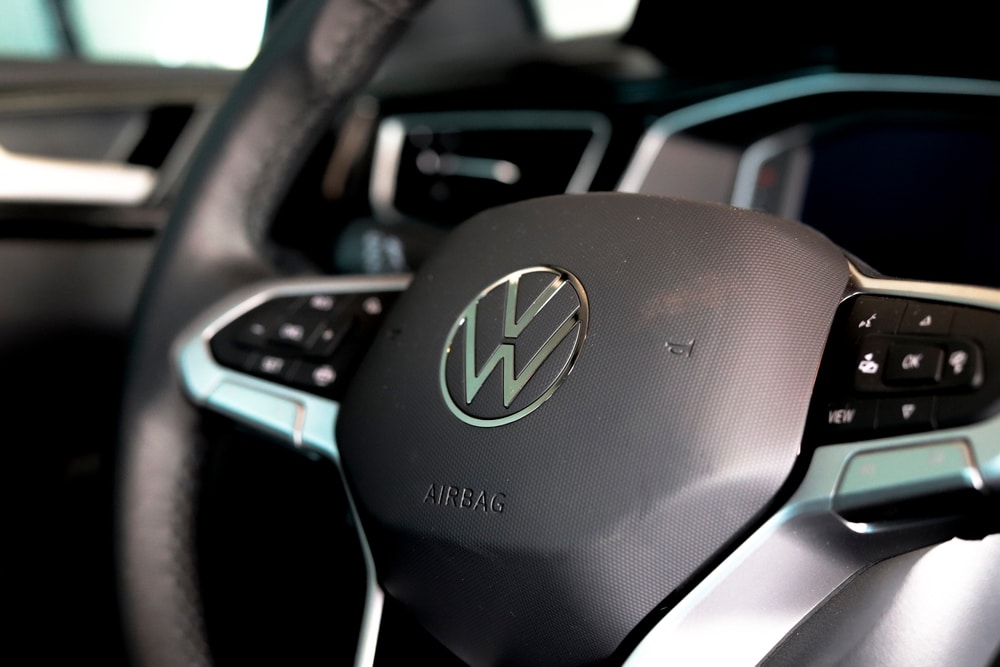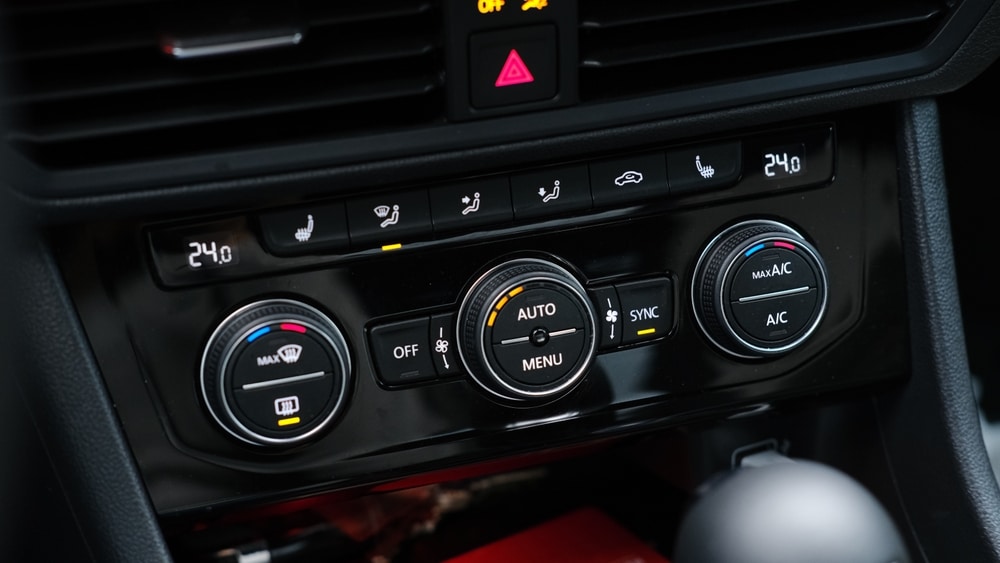Audi AdBlue
If you own a diesel Audi, there is one thing you need to keep on top of so your vehicle stays in peak condition…
…Your Audi’s AdBlue.
Failure to do so can result in warning lights appearing on your dashboard, and your vehicle might even enter “Limp Mode”, significantly reducing performance. It’s the last thing you need for your Audi.
In this guide, you’ll discover everything you need to know about your Audi’s AdBlue system, why it’s important and what you can do to keep it in peak working condition.
Keep reading for more details, or call Quality Car Service today and let our Audi specialists service your vehicle’s AdBlue system.
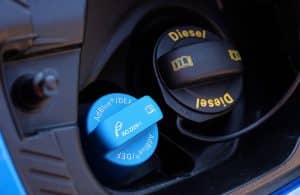
What is AdBlue?
AdBlue is a clear, non-toxic liquid made from a mixture of high-purity urea (32.5%) and deionised water (67.5%).
It’s been specifically designed to help reduce the harmful emissions diesel engines produce.
This solution plays a crucial role in the automotive industry’s efforts to produce cleaner, more environmentally friendly vehicles. Without it, your car won’t meet emission standards and you could fail your MOT.
How Does AdBlue Work?
The magic of AdBlue kicks in through a process called Selective Catalytic Reduction (SCR).
When AdBlue is injected into the exhaust gases of your Audi, it triggers a chemical reaction that converts nitrogen oxides into:
- Nitrogen
- Water vapour
Both of these are natural components of the air we breathe every day.
This reaction happens when the exhaust gases, mixed with AdBlue, pass over a catalyst in the SCR system. It’s a brilliant way to clean up your Audi’s emissions without affecting the overall performance.
Pretty good, huh? – We think so.
The Importance of AdBlue for Your Audi
The importance of your Audi’s AdBlue goes beyond keeping our air cleaner. It can also help extend your vehicle’s lifespan and boost performance.
Ok… while it doesn’t directly boost performance, it will stop your vehicle from going into “Limp mode” (which severely limits your Audi’s speed and performance), so essentially, it does keep your vehicle performing at its best.
Boosted lifespan, better performance and cleaner emissions… it’s a win-win.
Who Needs AdBlue?
AdBlue is essential for all diesel vehicles equipped with Selective Catalytic Reduction (SCR) technology, which includes a wide range of Audi models, from the A1 to the Q5, and many other diesel models in between.
AdBlue is used in various regions with strict emissions standards, such as the European Union, North America and some parts of Asia.
In these areas, legislation like Euro 6 in Europe, mandates significant reductions in nitrogen oxide (NOx) emissions, making SCR and AdBlue a common feature in newer diesel vehicles.
Where can AdBlue be Purchased?
Looking for AdBlue for your Audi? You’re in luck. You can purchase AdBlue at most petrol stations, especially those with a high volume of diesel customers, making it convenient to top up during refuelling.
Many garages and auto part stores also stock AdBlue in various sizes, catering to different needs, whether it’s a small top-up or a larger supply for commercial vehicles. These garages often have online stores where you can purchase AdBlue, too.
How is AdBlue Stored and Handled?
So, you might wonder how AdBlue is meant to be stored and handled.
Proper storage and handling of AdBlue are important to maintaining its purity and effectiveness. To prevent degradation, we recommend storing it in a cool, dry place, out of direct sunlight and at temperatures between -11°C and 30°C.
Since AdBlue can crystallise at temperatures below -11°C, it’s essential to store it in a place where it’s unlikely to freeze. However, once thawed, it will return to its normal state without losing effectiveness.
AdBlue should be kept in sealed containers to avoid contamination with dust, dirt, or water, as these can diminish its quality and effectiveness.
You also need to ensure the container you use is made from the right materials to avoid chemical reactions that could contaminate the solution. We recommend using stainless steel and some plastics (not all are compatible with AdBlue).
Always handle AdBlue with care and try not to spill it. If you do, clean it up immediately.
What Are The Common Misconceptions About AdBlue?
One of the most common myths we hear about at Quality Car Service is that AdBlue is a fuel additive that goes into your diesel tank.
However, it has a separate tank and should never be mixed with your vehicle’s diesel, which is asking for trouble.
Another misconception is that AdBlue is toxic and dangerous to handle. While it should be handled with care to avoid spills and skin irritation, AdBlue is non-toxic and safe when used as intended.
Some people also believe that AdBlue is only used by heavy commercial vehicles. While many trucks and buses use AdBlue to meet emissions standards, a growing number of regular diesel vehicles are also equipped with SCR technology and will require AdBlue.
Lastly, there’s a misunderstanding regarding its role in engine performance. AdBlue doesn’t enhance engine performance; instead, its primary function is to reduce harmful emissions, helping vehicles meet environmental standards.I know what you’re thinking: “But you said earlier in the article that it can improve performance”. – AdBlue will only improve your vehicle’s performance IF it’s in limp mode, restoring regular performance to your Audi.
Potential Issues with AdBlue
While AdBlue significantly reduces harmful emissions from diesel engines, there are some challenges associated with its use. The most common are:
Impurities
Deposits can form in your Audi’s SCR system if AdBlue is impure or poorly maintained, leading to blockages and reduced emissions control efficiency. You can avoid this issue with regular maintenance and using high-quality AdBlue.
Running out of AdBlue
When your AdBlue is running low, your Audi will warn you. Ignoring these warnings can limit performance (limp mode) or prevent your vehicle from starting to comply with emissions standards. This situation can be avoided by ensuring your AdBlue is always maintained.
AdBlue can freeze at temperatures below -11°C
Most modern Audi’s are equipped with heating elements in the AdBlue tank to thaw the solution, ensuring it continues to function as it should, even during colder temperatures. However, if there is a failure, your AdBlue might freeze. Regular maintenance can help spot any issues before they occur.
Need help with your AdBlue maintenance? Call our team today at Quality Car Service.
Is AdBlue Compatible with All Vehicles?
No, AdBlue isn’t suitable for all vehicles. Only vehicles with a diesel engine equipped with Selective Catalytic Reduction (SCR) technology will need to use AdBlue.
If you have an older diesel Audi model without an SCR system, you won’t need to use the fluid in your vehicle.
You can find out if your vehicle needs AdBlue by checking your owner’s manual or speaking to an expert, like ours, at Quality Car Service.
Alternative Technologies to AdBlue for Emissions Reduction
While AdBlue and Selective Catalytic Reduction (SCR) technology are widely used to reduce NOx emissions in diesel vehicles, there are alternative technologies being used to reduce emissions.
One popular alternative is Exhaust Gas Recirculation (EGR), which recirculates some of your vehicle’s exhaust emissions back to the engine cylinders to help lower emissions. An EGR system can be used independently or in conjunction with SCR systems for even greater emissions reduction.
Another approach is to use advanced fuel injection systems in your Audi. These optimise the timing and quantity of fuel injected into your vehicle’s combustion chamber, improving combustion efficiency while reducing harmful emissions.
Tips for Using AdBlue Responsibly
To keep your AdBlue system in peak condition, here are some tips:
- Regular Checks: Regularly check your AdBlue levels, especially before long journeys, to ensure you have enough. Many vehicles have dashboard indicators for AdBlue levels.
- Use Quality Products: Always use high-quality AdBlue to avoid potential damage to your SCR system from impurities.
- Proper Storage: To maintain its quality, Store AdBlue in a cool, dry place, away from direct sunlight and within the temperature range of -11°C to 30°C.
- Avoid Contamination: Use clean, dedicated equipment when handling AdBlue to prevent contamination. Even low levels of contamination can degrade your vehicle’s SCR catalyst.
- Dispose Responsibly: Dispose of empty AdBlue containers properly to keep the environmental impact low.
- Stay Informed: Keep informed about your vehicle’s specific AdBlue consumption rate and fill up accordingly to prevent running out as this could lead to reduced vehicle performance or an inability to start the engine.
By following these tips, you can keep your Audi’s AdBlue system in peak working condition.
Need help keeping your Audi AdBlue system running like new? Call Quality Car Service today for all your Audi AdBlue maintenance and repair needs.
